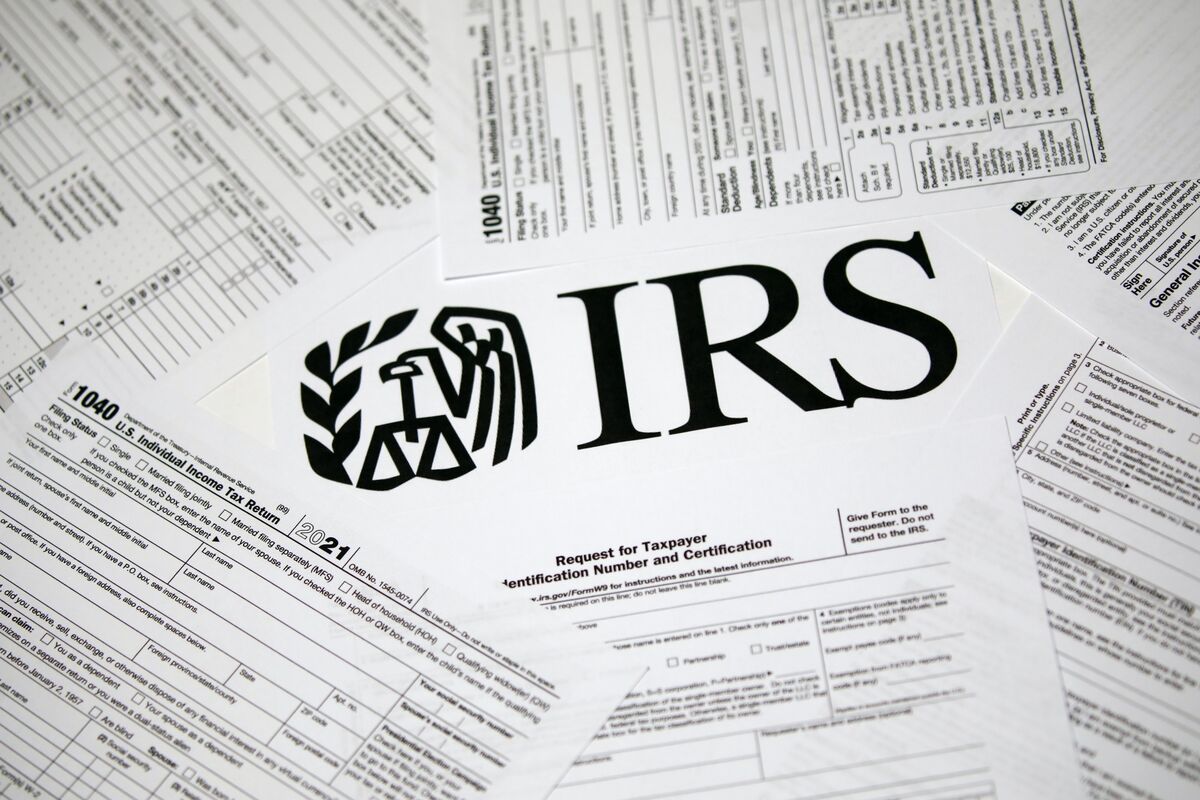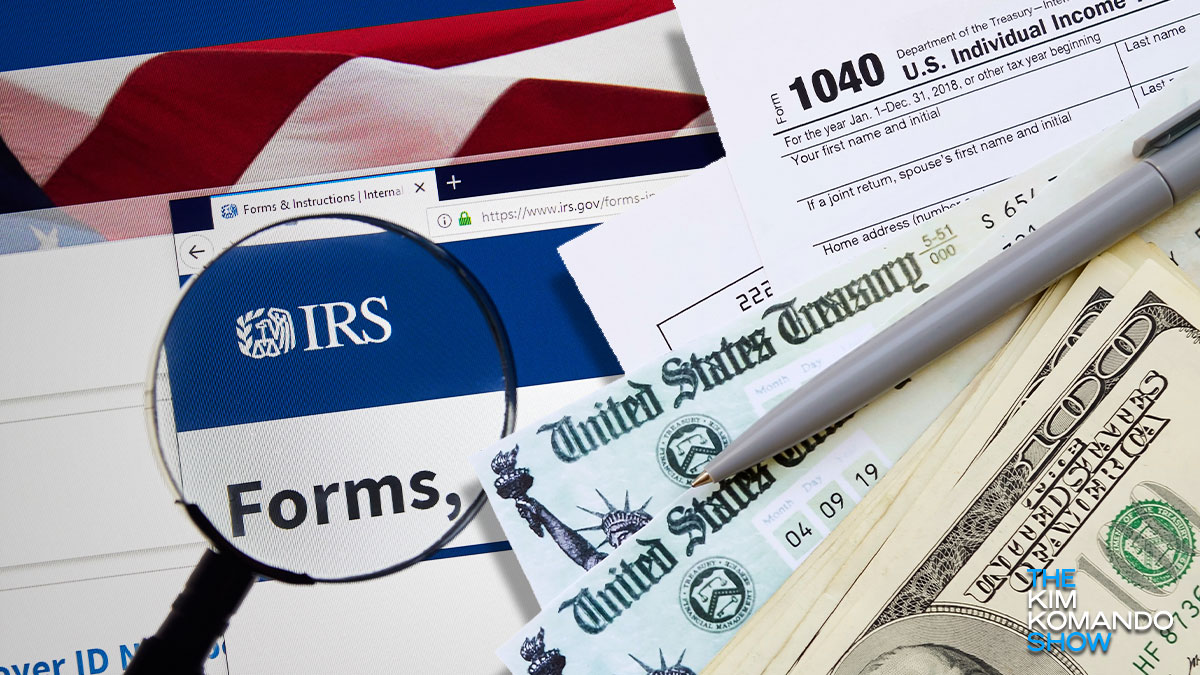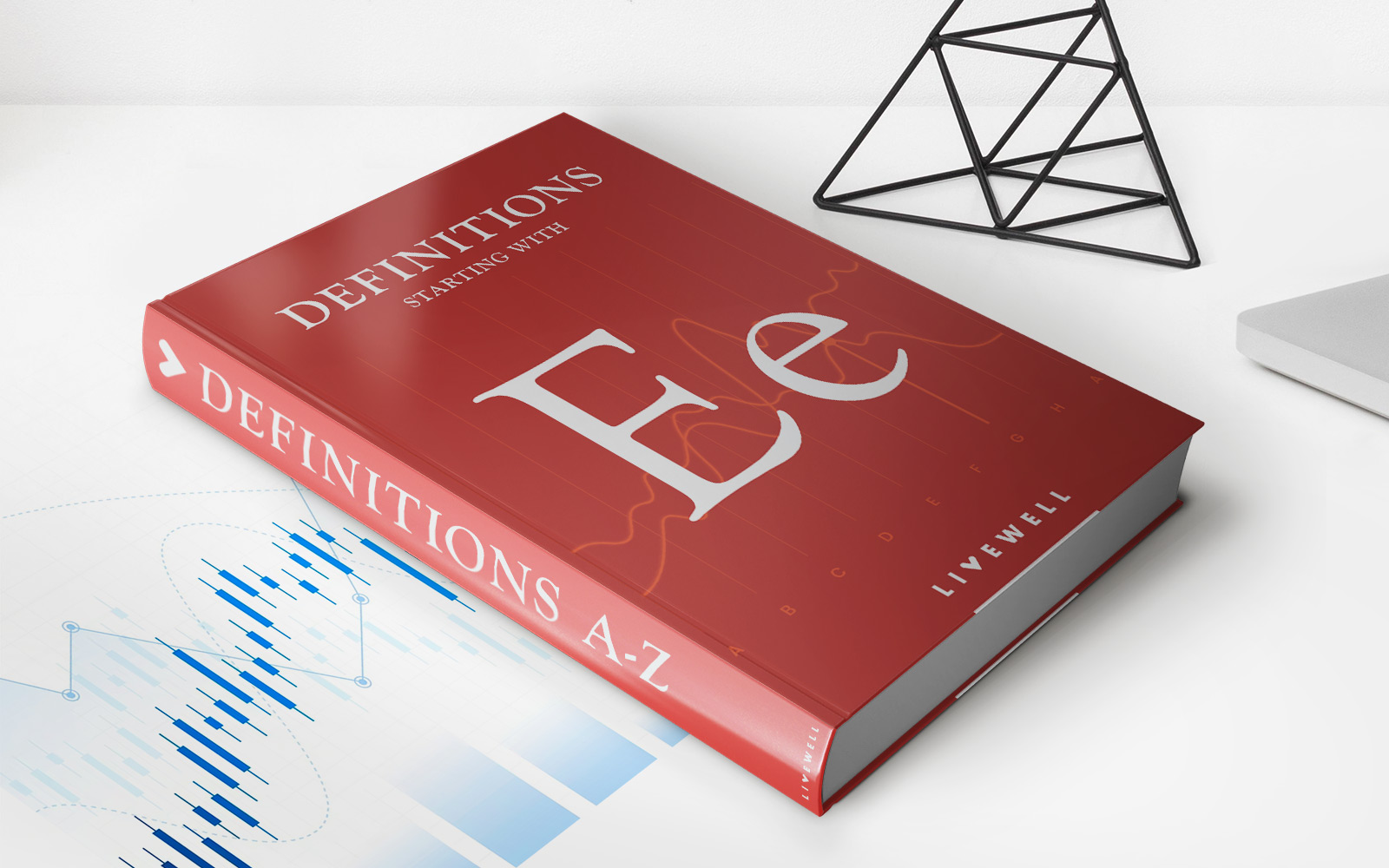

Finance
Gift Tax Return Definition
Published: November 30, 2023
Learn what a gift tax return is and how it impacts your finances. Understand the definition and requirements to ensure compliance and avoid penalties.
(Many of the links in this article redirect to a specific reviewed product. Your purchase of these products through affiliate links helps to generate commission for LiveWell, at no extra cost. Learn more)
What is a Gift Tax Return and why is it important?
If you’ve ever received a significant gift, you may have wondered whether you would need to pay taxes on it. The answer lies in the Gift Tax Return, a crucial document that plays a role in determining whether gift taxes are due. In this blog post, we will explain what a Gift Tax Return is, why it is important, and provide you with key takeaways on this topic.
Key Takeaways:
- A Gift Tax Return is a form used to report gifts made to individuals exceeding a certain value.
- It is important to understand the gift tax rules and file a Gift Tax Return if required to avoid penalties and future tax implications.
Gift tax is a federal tax imposed on the transfer of property or assets without receiving anything in return, such as when a person gifts money or property to someone else. While the person who receives the gift typically doesn’t have to pay taxes on it, the donor may be responsible for reporting the gift and potentially paying a tax on the transfer.
To determine whether a Gift Tax Return is necessary, it’s essential to know the current gift tax rules and thresholds set by the Internal Revenue Service (IRS). For example, in 2021, individuals can give up to $15,000 per recipient per year without having to file a Gift Tax Return. This means that if you gift $15,000 or less to an individual during the year, you usually won’t need to file a return.
However, if you gift more than the annual exclusion amount, you must file a Gift Tax Return. This return provides the necessary information to the IRS to calculate any potential gift tax owed. It’s important to note that gift taxes are generally paid by the donor, not the recipient, and they are separate from estate taxes.
Failure to file a Gift Tax Return when required can lead to penalties, and it could also have future tax implications, potentially affecting your estate planning strategies. It’s crucial to consult with a qualified tax professional or accountant to ensure compliance with gift tax rules, especially for larger gifts or transfers.
In conclusion, a Gift Tax Return is a crucial document used to report gifts that exceed the annual exclusion amounts set by the IRS. Filing this return is essential to ensure compliance with gift tax rules, avoid penalties, and manage your overall tax planning effectively. If you have questions or concerns about gift taxes, always consult a tax professional to ensure you meet your obligations.














